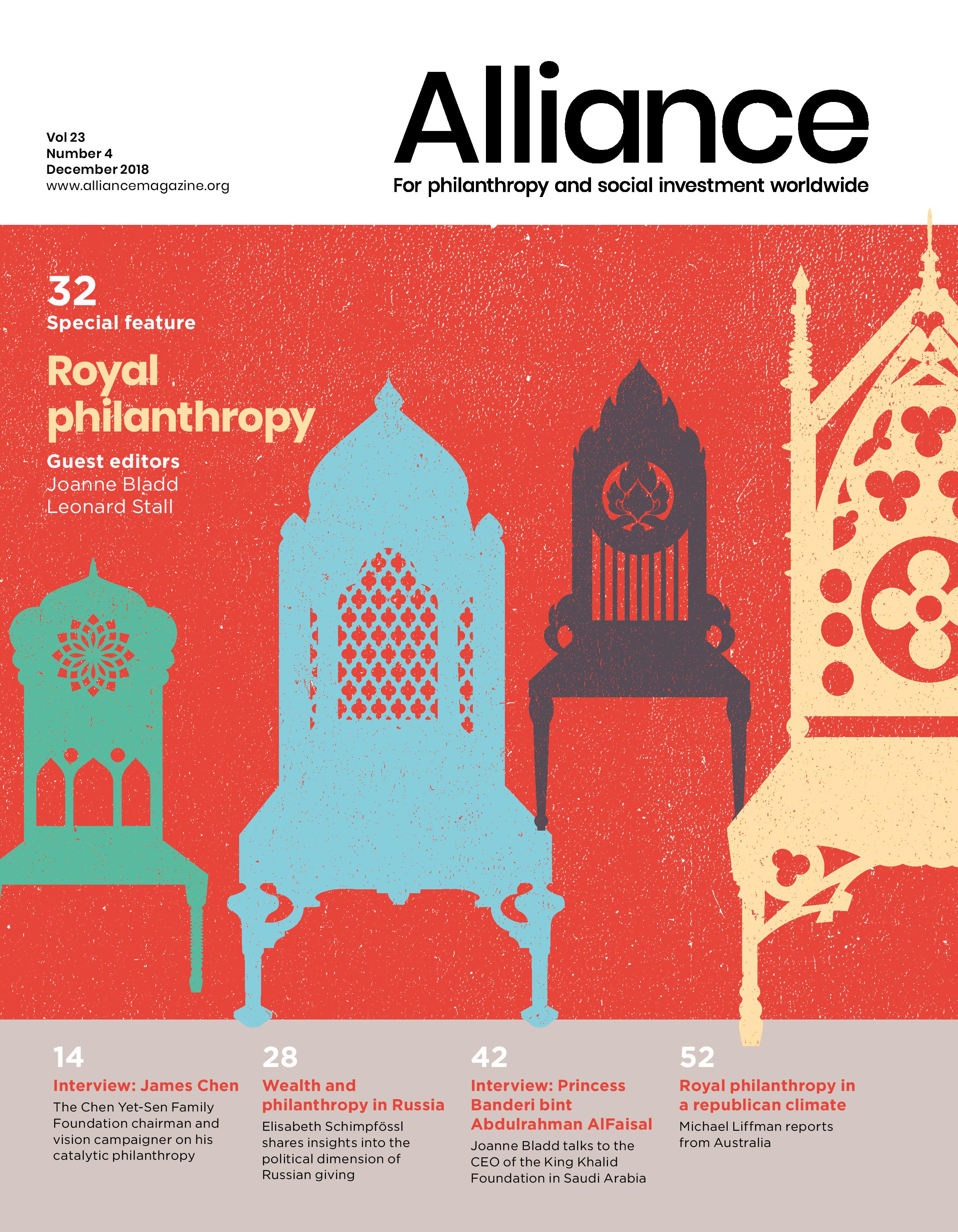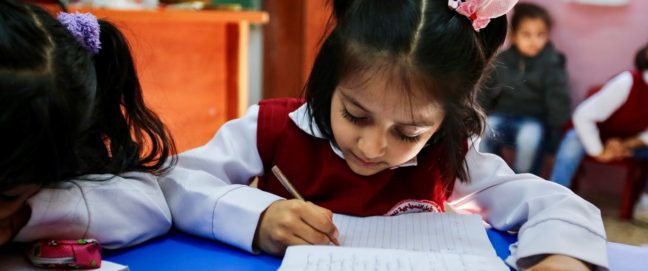Wealthy Russians are increasingly giving to charity, but their choice is often informed by political and social expediency
Since the turn of the century, philanthropic giving by Russia’s rich has seen extraordinary growth. However, their generosity is deeply rooted in history and culture, as well as constrained by ideology and politics.
Many of those who initially were less than excited about engaging in philanthropy swiftly identified their philanthropic passion to avoid having a disagreeable project assigned to them by the authorities.
In the early 2000s, there were several reasons for Russia’s new wealthy to take up philanthropy. The economy had recovered from the 1998 economic downturn and the recently-begun oil boom had increased personal fortunes. As those who had prevailed in Russia’s cutthroat capitalism of the 1990s began to think about consolidating their social status, many of those who had enriched themselves during the oil boom followed suit. The new rich came to understand that conspicuous consumption would only reaffirm their reputation of being ruthless and selfish. If they wanted their social status to be seen as legitimate, they knew they had to demonstrate some compassion and care for their less fortunate fellow citizens.
Russian leader Vladimir Putin encouraged this giving and channelled it into areas the Kremlin deemed most urgent, primarily state-run bodies that had been neglected for years. Many of those who initially were less than excited about engaging in philanthropy swiftly identified their philanthropic passion to avoid having a disagreeable project assigned to them by the authorities. As a result, cynics regard elite Russian philanthropy as both a ‘social tax’ and a necessary pay-off to remain in Putin’s good books. However, wealthy Russians’ motivations are far more complex.
Supporting the trustworthy and innocent…
In contrast to tax, philanthropy provides the rich with a freedom of choice. In theory, this allows them to express their individualism. In reality, however, it means that everybody does the same: the vast majority of wealthy Russian donors opt for supporting children.
Anatoly, an art dealer in his mid-60s, put it bluntly: ‘It’s necessary to help healthy and normal children. I’ve got a strictly biological outlook. One needs to help the very best.’
This is not simply because help for children is always popular. Many a time in Russia’s past, distrust grew so strong that it pervaded every corner of life, usually as a result of the regime employing such methods to control and discipline its people. In this context, the innocence of children makes them both ‘trustworthy’ and fit objects of compassion. During the research for my recently published book,[1] I asked an oil businessman whether he was prepared to look after less popular groups such as migrants, homeless people, drug addicts, ex-convicts or the long-term unemployed. ‘I never say no when people ask me for help,’ he replied. Then he paused for a moment: ‘Should I help drug addicts, you mean? No, no, no, no way. I wouldn’t give anything to them, nor to a medical centre that deals with them. Never! To people who look after prisoners, maybe, but not through an organisation. Well, the organisation could send me a list and I’d say, this prisoner yes, this one no.’
…but only the ‘normal and healthy’
While supporting children is seen as an investment in the country’s future, there are stark limits. Anatoly, an art dealer in his mid-60s, put it bluntly: ‘It’s necessary to help healthy and normal children. I’ve got a strictly biological outlook. One needs to help the very best.’
As Alexander Svetakov, a billionaire property developer explained to me: ‘Our society likes the strong and healthy. It doesn’t like the weak and infirm.’ Many of the children in the school he set up are physically disabled or the children of alcoholics. ‘It’s not something many are comfortable with,’ Svetakov added. When I asked whether he thought that he had become an example to others, he laughed: ‘No, I haven’t won any admirers.’ He recounted a story that illustrates this attitude: ‘Just before the opening of the school two years ago an important politician came up to me and said: “Why do you need that? Let’s do a school for gifted children. We can have a quota of 5 per cent disabled ones and you can show those off. But why on earth a whole school for disabled children?”’
Survival of the fittest
Social-Darwinist reasoning, strong throughout the world in the early 20th century, remained prevalent in the Soviet Union after the Second World War. Even in the 1960s and 1970s, at a time when, in the West, critical thought, especially feminist thinking, challenged biological explanations of how the world is constructed and society works, Soviet intellectuals and scholars, in particular dissident thinkers, upheld conservative views. This was reinforced by the weakness of the feminist movement and the underdevelopment of the social sciences.
The survival-of-the-fittest mindset was given a further shot in the arm after the collapse of the Soviet Union in 1991. Most of those who subsequently became rich believed that they had triumphed in the dog-eat-dog world of the 1990s because they were the strongest, smartest and most daring. A similar attitude prevailed among those who got rich during the oil boom of the 2000s, who attributed their success to their supposed entrepreneurial spirit, innovative thinking and superior work ethic.
Fortunately, dismissiveness of the weak is not universal, as the case of Svetakov shows. Historically, too, there is fertile soil in Russia for alternative ideas to develop; after all, almsgiving is a core tradition in Russian Orthodoxy, which by definition goes to the weak and helpless, irrespective of whether they can be held responsible for their misery or not.
Elisabeth Schimpfössl is a lecturer in Sociology and Policy at Aston University.
Email: elisabeth@schimpfossl.com
Twitter: @ElisabethSchimpf
Footnotes
- ^ Elisabeth Schimpfössl (2018) Rich Russians: From oligarchs to bourgeoisie, Oxford University Press.







Comments (0)